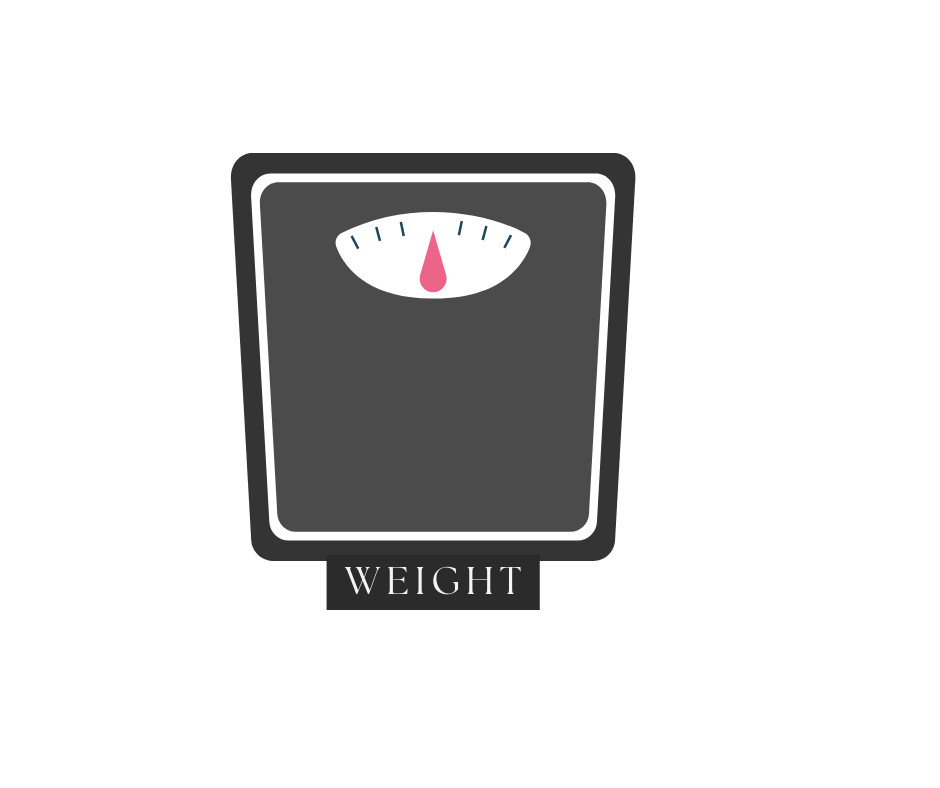MUSCLES

DROOLING LEVEL

SHEDDING

Grooming



Height: 8-9 inches

Rank: 13

Weight: 16-32lb(Male)

Life Span: 12-16 Years













Dachshunds are a short-legged hound breed with an elongated body. They come in three varieties – Standard, Miniature and Kaninchen. They weigh between 9 to 32 pounds and stand between 5 to 9 inches tall. Coat color options include:
They have a sleek, muscular build with long snouts and erect ears. Their long body and short legs give them a “hotdog on legs” appearance.
Dachshunds have high protein requirements due to their muscle mass. They should be fed a high-quality diet formulated for small breed dogs. Puppies up to 1 year old should be fed 3-4 times a day. Adults can be fed 2 times a day. A balanced diet for a Dachshund should include:
All life stages should have meat as the first ingredient and at least 20% protein content.
Some common health issues in Dachshunds include:
To keep your Dachshund healthy, provide it with a balanced diet, regular exercise , and visits to the vet. Early detection and management of health issues can help your dog live a long and healthy life.
Dachshunds originated in Germany in the 1600s, bred to hunt badgers and other burrow-dwelling animals. They have very keen senses of smell and hearing that enable them to track prey into their dens. The breed became popular as companions in the Victorian era and were often given as gifts. After World War II, they gained even more popularity as family pets. Though small in stature, Dachshunds have a bold and courageous personality. They can make loving companions and guards for families when properly trained and socialized.